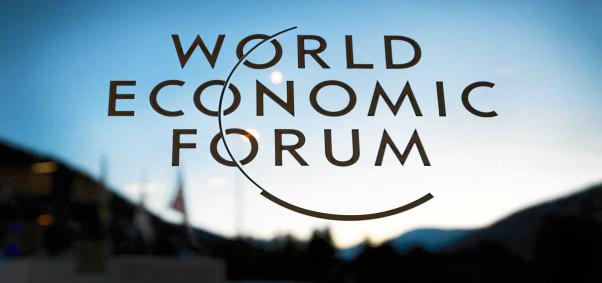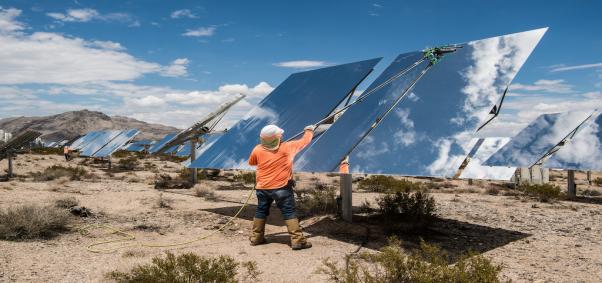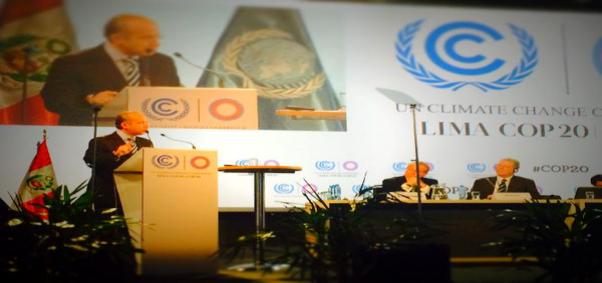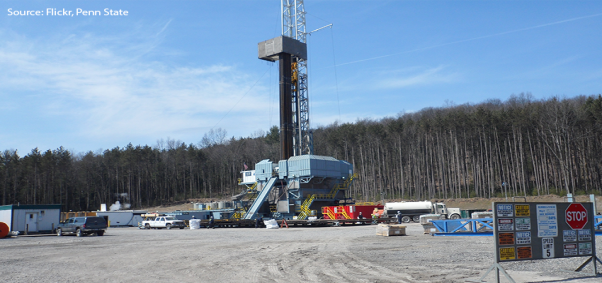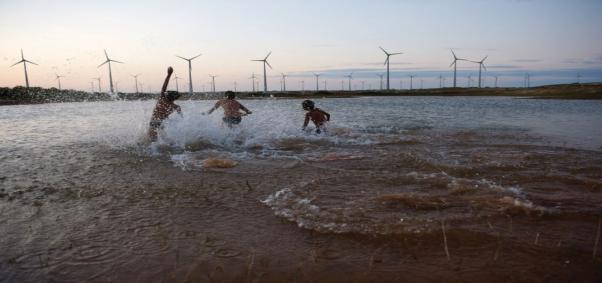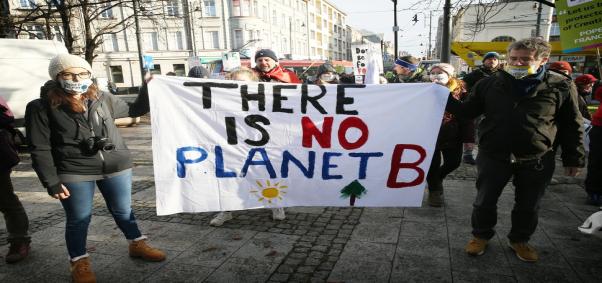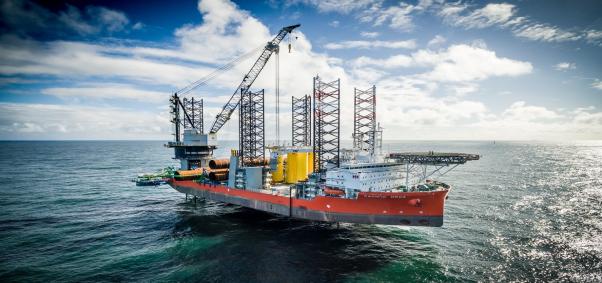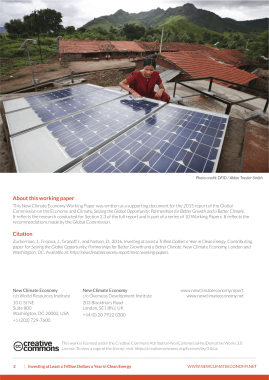
Energy demand is projected to grow by a third in the next 15 years. A rapid scale-up of low-carbon energy sources and energy efficiency is essential to drive global growth, reduce the air pollution and greenhouse gas emissions (GHGs) associated with fossil fuel use and help provide reliable access to modern energy for those who lack it. This need has become more urgent following the global commitment made in the UN Paris Agreement in December 2015 to reducing net GHG emissions to zero in the second half of the century.
Downloads
745.86 KB
10.98 MB
1.2 MB
![]() Investing at Least a Trillion Dollars a Year in Clean Energy
Investing at Least a Trillion Dollars a Year in Clean Energy


